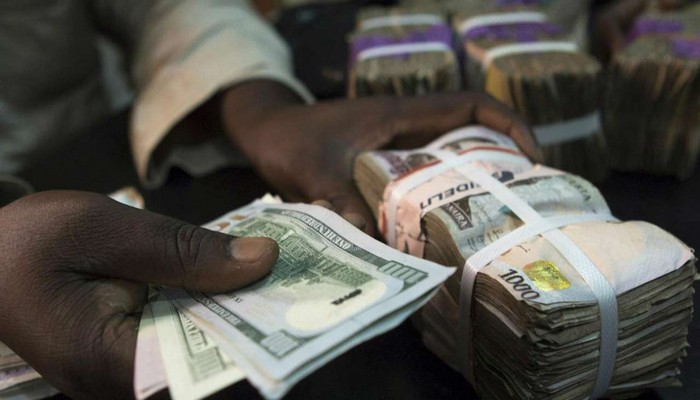Nigeria’s FX reserve around $3.7bn as against CBN’s $30bn figure –JP Morgan

Global financial service firm JP Morgan has estimated Nigeria’s FX Reserve to be around $3.7 billion much lower than reported figures of about $30 billion.
The bank disclosed this in its latest report on Nigeria titled “Nigeria: Reform pause rather than fatigue”. The bank noted that the lower-than-reported FX reserve is the result of larger currency swaps and borrowings against the FX reserve.
“Based on partial information from the audited financial accounts, we estimate that CBN’s net FX reserves were around US$3.7bn at the end of last year, from US$14.0bn at the end-2021.”
Assumptions used to arrive at the $3.7bn FX reserve
The bank, however, clarified it arrived at the $3.7 billion by making some assumptions which if incorrect will change the figure in their estimates.
These assumptions made in their report are,
“An addition of US$5.0bn in IMF Special Drawing Rights (SDR) to external reserves to arrive at total gross FX reserves of US$37.8bn, broadly in line with the 30-day moving average of US$37.08bn previously published on the central bank’s website.”
“adjusting the gross external reserves with three key FX liability lines that include FX forwards (US$6.84bn), securities lending (US$5.5bn) and currency swaps (US$21.3bn); and”
“Estimating currency swaps by backing out FX forwards and outstanding OTC Futures balances from an overall aggregate published in the financial accounts.”
However, the report noted that the CBN still can withstand the pressure accompanying the low FX reserve especially, as profit from swap arrangements between the CBN and commercial banks, the rates will continue to increase.
The NNPCL also had to borrow $3 billion from the Afrexim bank to shore up the nation’s FX reserve is expected to ease liquidity in the exchange market.
It was reported as of June 2023 that the country’s FX reserve stood at $34.1 billion hence JP Morgan’s estimate comes as a shock to many.
The report also noted it remained cautiously optimistic despite the recent stall in reform momentum.
It should be recalled that despite a quick start to his administration, President Tinubu has had to slow down on major reform, especially the fuel subsidy removal.
The President last week said fuel prices will not increase which negates the principles of a deregulated market.
His statement sent panic to investors in the financial market as investors pulled out investments in Nigerian bonds on fears that the administration is going back to the fuel subsidy era.
Nigerian sovereign bonds declined by 2.5-5pts across the curve in the wake of the current policy statements from the Presidency.
The bank also predicts headline inflation to reach 28% by the end of the year on the back of rising food prices and other impacts of the President’s reforms.
Credit: Nairametrics






